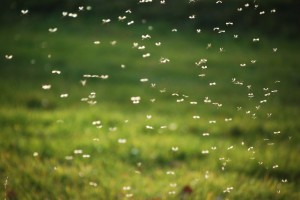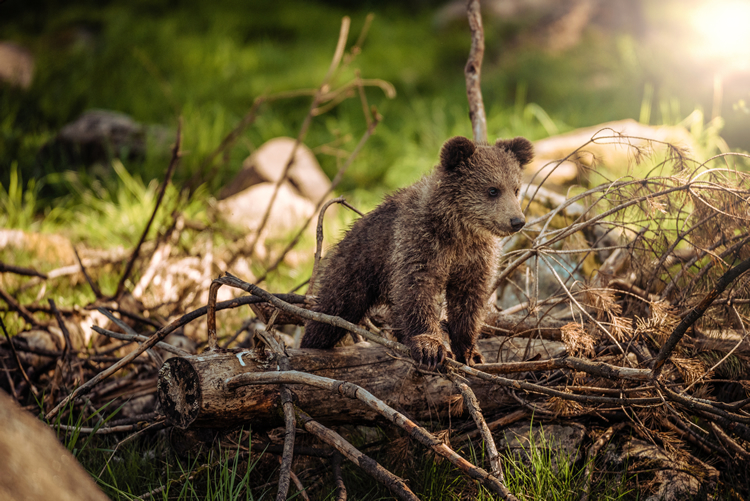
Environmental changes aid higher mosquito populations in Central Mass.
Have you recently been outdoors in Central Mass, surrounded by blood-sucking mosquitoes? Fanning and swatting your way through a backyard party or a play date at the park? If so, you have wondered where all those mosquitoes are coming from. Here are three reasons for increases in mosquito populations.
Environmental factors play a role in increased mosquito populations.
Studies suggest that some areas are seeing increased populations due to climate change. At least in areas, such as Central Mass, where winters used to last longer and temperatures were colder, mosquitoes are not only living longer, but they are migrating from the southern states. Of note, is that mosquito breeding habits increase with milder temperatures. What is of even greater effect than warming temperatures, is the amount of rain we receive. If an area has dramatic rain increases, there too will be an increase in mosquito populations.

Toxic DDT is no longer used for mosquito control.
Good-bye, DDT, and good riddance. Hello, mosquitoes!
There is also evidence to support that since the use of DDT stopped in the 70’s, mosquito populations have struggled to regain their territories. Researchers now say that the mosquitoes that were very effectively knocked down by DDT have taken 30 and 40 years to recover, and they ARE recovering. As recently as the early 2000’s soil specimens in some areas showed lingering evidence of DDT. As those poisons wane, mosquitoes will gain more ground.
Suburban sprawl is causing mosquitoes to expand and concentrate in areas of growth.
As suburban housing communities and business continue to grow, natural habitats of predators of mosquito hosts, such as deer and mice, are being destroyed. As we displace bear and fox populations, mosquito-attracting deer and mice will be present in concentrated areas. You might notice a higher mosquito population if your suburban home is surrounded by new construction.

Suburban sprawl is affecting mosquito populations.
What does the future of mosquito control hold for these expanded populations?
Researchers are suggesting increased mosquito control measures to fight higher rates of mosquito-borne illnesses in the United States. Innovative methods are being developed, including mosquito traps and genetically modifying male mosquitoes, which will infect the females when they mate, causing their eggs not to hatch. Scientific evidence also suggests that expanding and nurturing existing bat populations will naturally help control mosquitoes and the diseases they carry. What’s available here an now for mosquito control in Central Mass?
Central Mass mosquito control will protect your family from rising mosquito populations.
Professional mosquito control measures are your best bets for keeping your Central Mass family safe from hungry mosquitoes. A reputable mosquito protection company will offer an EPA-registered mosquito treatment to eliminate 90-95% of mosquitoes on your property for as many as three weeks. All-natural mosquito protection are also professionally available, and will repel 80-85% of mosquitoes on your property for about two weeks between treatments. As these and other factors continue to encourage higher mosquito populations in Central Mass, we must be vigilant in protecting our homes and families!
